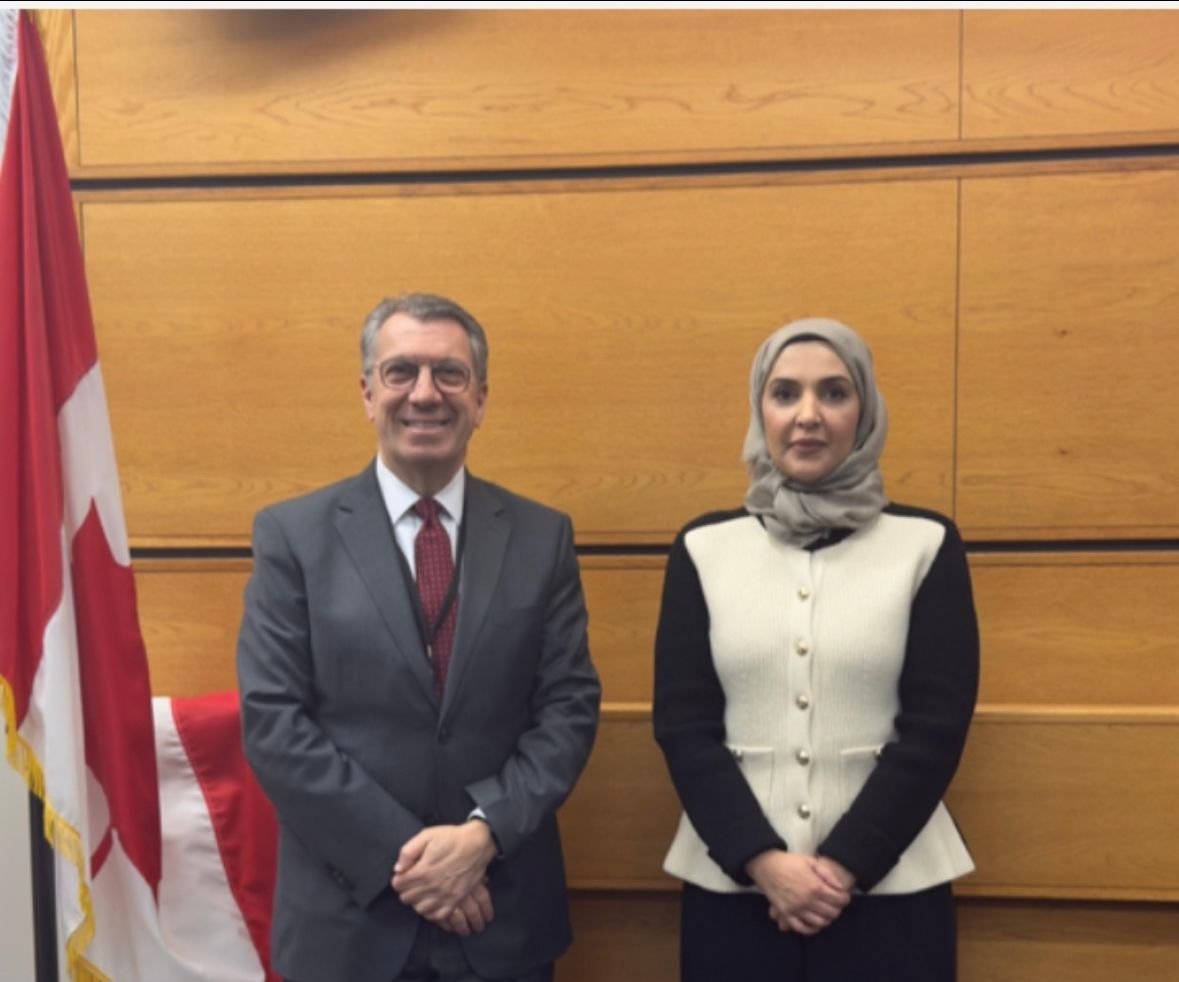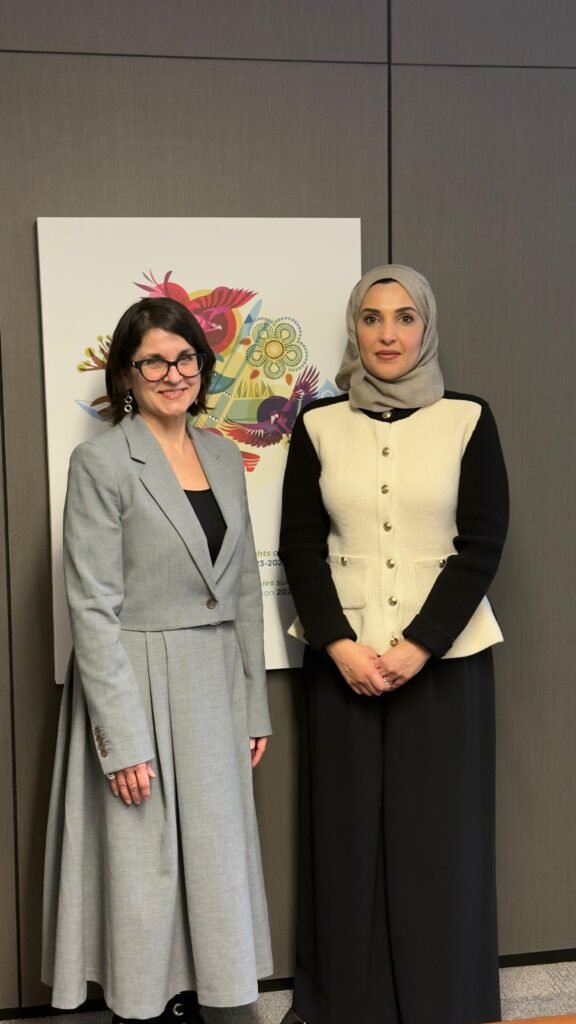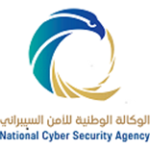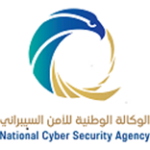She noted that the NHRC is one of the leading national institutions in the region and has held “A” status from the Global Alliance of National Human Rights Institutions (GANHRI) since 2010, in line with the Paris Principles.
She added that the committee has a dedicated team promoting human rights awareness and offers recommendations on international treaties and relevant legislation.
Al-Attiyah stressed the central role of the legal department in reviewing laws and handling complaints.
Al-Attiyah also affirmed the committee’s commitment to integrating human rights concepts into educational curricula and supporting the creation of similar national institutions across the Arab world.
She elaborated on Qatar’s major labor reforms, highlighting the NHRC’s advisory role and its efforts to raise awareness among workers, assist with grievances, and conduct training campaigns.
Regarding labor legislation, Al-Attiyah referenced the law regulating entry and exit of expatriates, which allows employees to change employers under conditions set by the Ministry of Labor. The law also permits part-time work with another employer and abolishes the exit permit requirement for most workers, granting them the right to leave the country during their contract period.
She also discussed the Labor Dispute Resolution Committee, which was established to handle individual disputes under the labor law or employment contracts. This committee has reduced the burden on courts and improved access to justice. Qatar also waived litigation fees for workers, and the establishment of a Workers' Support and Insurance Fund ensures workers receive their entitlements even if employers default on payments.
The Wage Protection System, an integrated electronic platform launched by the Ministry of Labor and Qatar Central Bank, tracks and documents wage payments to ensure compliance with labor laws.
Another important reform was the regulation of working hours during the summer. From June 1 to September 15, work under direct sunlight is prohibited between 10 a.m. and 3:30 p.m., protecting workers from extreme heat.
As part of its awareness efforts, the NHRC released a "Worker’s Pocket Guide" in 11 languages, outlining rights and responsibilities in a worker-friendly format. Al-Attiyah added that the committee also offers free legal consultations in partnership with around 30 law firms in Qatar.
For his part, Athanasius Hadjis welcomed the NHRC delegation and presented an overview of the Canadian Human Rights Tribunal. He explained that the tribunal operates independently from the regular judiciary and handles discrimination-related complaints. It relies on laws such as the Gender Pay Equity Act, Accessibility Act, and Employment Equity Act.
Hadjis noted that the tribunal was created to address the slow pace of traditional courts in handling human rights cases. It has broad authority, including the power to issue binding compensation orders and ensure justice for victims.











As Chairperson of the GANHRI, Madam Maryam Al-Attiyah's leadership role to globalise NHRIs importance to protect and promote human rights, especially from gender and climate justice perspective must be remembered. As Chair of the Qatar NHRC also, she helped organise several human rights forums and enabled developing countries to participate in global events.